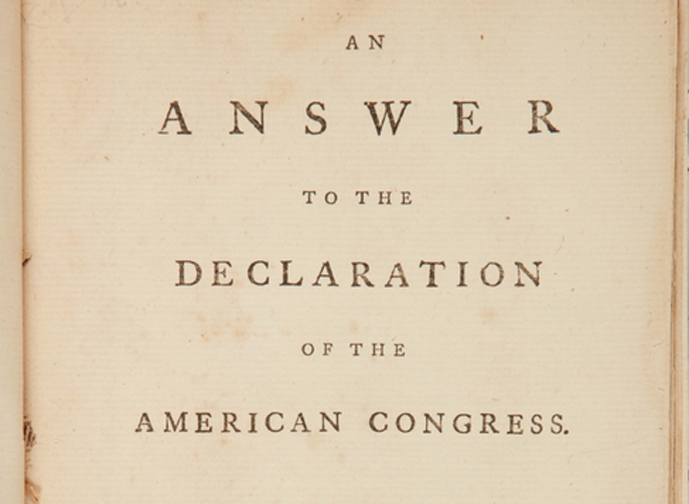We are thrilled to announce that our newest JAR book—Invasion of Virginia, 1781 by Michael Cecere—is now available for sale. [BUY NOW ON AMAZON]
Benedict Arnold vs. the Marquis de Lafayette. The notorious traitor to the Patriot cause and the symbol of international recognition for American independence faced off in battle in Virginia in 1781. It was a strangely symbolic contest in a region that had, for the previous six years, seen very little fighting in spite of being between two major theaters of war. Virginia had been on the sidelines, but was suddenly a focal point, and would soon be the most critical place on the continent.
The early 1781 campaigns in the Virginia tidewater, from Norfolk to Richmond, are largely overshadowed by the British advance into North Carolina. Operations in the region, however, laid the groundwork for what would be the culmination of the war, the British decision to consolidate their forces at Yorktown, a strategic post on the York River.
Journal of the American Revolution is proud to present the first in-depth study of this neglected phase of the war. Author Michael Cecere has distilled the accounts of political and military participants at all levels to create a compact and quick-paced narrative of sparring between British expeditionary forces sent from New York and frequently-outnumbered local American defenders. The harrowing marches, daring raids and desperate clashes of arms are detailed from the perspective of the soldiers who fought them. They were part of a rapidly-developing series of events that set the stage for the better-known actions just a few months later.









3 Comments
Been looking forward to this a long time!
Have preordered all ready at Amazon last month and should be in the mail, will be my next read after I finish Scars of Independence
Is this available in Kindle version? I’ve only found hardcover.